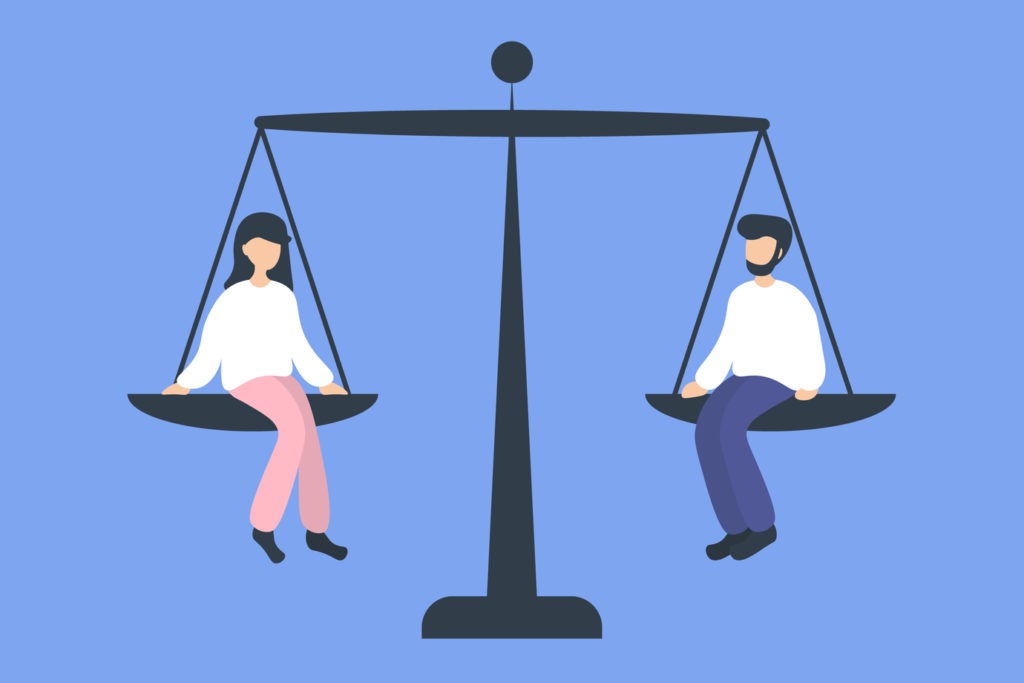There’s been quite a lot in the news lately about men, women and their theoretically different — and some have theorised women’s superior — approaches to leadership.
Some have even gone so far as to declare women the winners in the COVID 19 leadership stakes. An article in Forbes last week declared, “What Do Countries with the Best Coronavirus Response Have in Common? Women Leaders”.
Also last week, Tanja Kovac, the CEO of Gender Equity Victoria, highlighted on Linked In that of the 10 nations that have successfully flatted the curve, women lead 40 percent of them. This, despite the fact that women lead just 8 percent of UN recognised nation states. “Save lives, elect women,” Kovac declared.
Kovac is not the only one to have made such bold claims about woman’s supposed superior leadership qualities.
Last year, former US President Barack Obama told guests at an event in Singapore that, “If more women were put in charge, there would be less war, kids would be better taken care of and there would be a general improvement in living standards and outcomes.”
There’s also been a lot in the news lately about how men are the losers in the coronavirus pandemic, at least in terms of their likelihood of acquiring the virus and dying as a result of it. (Who is carrying the heavier load of the response, as well as the economic and social fallout of the pandemic — that’s debatable.)
This past weekend, The Age’s Good Weekend prominently featured an article entitled, “X marks the spot: why the ‘weaker sex’ wins every stage of life.” The article featured an interview with Canadian physician and scientist Dr. Sharon Moalem, who claims in her new book, The Better Half, that women live longer, have stronger immune systems, fewer developmental disabilities and higher cancer survival rates than men because of the extra “X” in every female cell.
I have to admit, after decades of hearing about everything that’s supposedly wrong with women, including an ever expanding list of all the things we need to “fix” about them, particularly in the world of work and leadership, I have found it rather novel to read a number of articles in such short succession suggesting that in many ways women are better than men.
Have women finally won the so-called battle of the sexes? Some are certainly calling it. Game over. But I say, not so fast.
Generally speaking, I am not a huge fan of biologically deterministic theories about the sexes, in particular when it comes to leadership. While tempting, these tropes – men are from Mars, women are bending the curve on Venus – can, and often are, used as sticks to beat women with.
In that regard, I am in fierce agreement with Arwa Mahdawi, who wrote in The Guardian at the time of Obama’s comments: “Obama’s sweeping statements about women aren’t just facile, they’re supremely unhelpful. They reinforce the myth that women and men are innately different; that women are biologically programmed to be more cooperative and compassionate than men. We’re not. We’re just socially conditioned to be people-pleasers. And, from day one, we’re held to higher standards than men; ‘boys will be boys’ but girls are expected to be angels.”
To my mind it’s not that women are necessarily “better” than men, and certainly not because they are gifted with superior genetics, though they are undeniably different. It’s that we have a real problem with stereotypically “male” styles of leadership, which we, as a culture, have traditionally held up as the gold standard of leadership.
To quote Professor Higgins in My Fair Lady, “Why can’t a woman be more like a man”, I suggest we challenge Professor Higgins and ask if that would really be a good thing. We’ve spent decades trying to make women in leadership behave in ways our culture associates with masculinity — and rewards, despite significant evidence that it is, I’ll go ahead and use the word, toxic.
To illustrate that point, the Harvard Business Review recently featured the research of Jennifer Berdahl, Peter Glick and Marianne Cooper, sociologists and leadership experts who surveyed thousands of workers in the US and Canada and found that four stereotypical masculine norms which together define “masculine contest culture” (show no weakness, strength and stamina, put work first and “dog eat dog” ruthlessness) emerged as highly correlated with each other and with organisational dysfunction.
“This pressure shifts the focus from accomplishing the organization’s mission to proving one’s masculinity,” the authors wrote. “The result is endless ‘mine’s bigger than yours’ contests.”
For an object lesson in that, I give you recent events in the US: Donald Trump, of course, but also some of his male colleagues in the various governor’s mansions, including the Democrat New York Governor Andrew Cuomo, who has been at the centre of the epidemic.
Rebecca Traister put it best in her essay for The Cut when she declared, “Enough with the Dick Swinging”.
“These men have media cockfights, while people die,” Traister wrote. “It’s not funny, it’s not hot. It’s a travesty. And it tells us everything about power: how it’s distributed, how it’s communicated. How it’s understood. And how it’s mismanaged to tragic and malignant effect.”
I’m all for emotionally intelligent, and quite frankly collaborative and competent, leadership. I just hope that, as a culture, we can move away from the belief that such qualities are the sole preserve of a single sex. Diversity simply leads to better decisions. Full stop. We’ll all be better off when we value and reward these qualities in all leaders.
Kristine Ziwica is a regular contributor. She tweets @KZiwica


